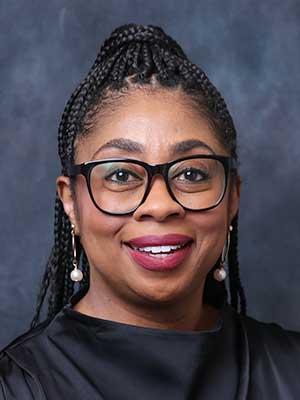
What is a Faculty in Residence?
The mission of the Faculty in Residence (FiR) program is to extend and deepen relationships within the student residential community by adding in-residence faculty members who work with the Residence Life team to augment the social and intellectual experiences that are central to the success of residential students.
In fulfillment of this mission, the Netherlands Faculty in Residence program goals include:
- Foster social engagement, promote leadership, and active participation in and beyond the classroom.
- Strive to deepen intellectual inquiry and exploration.
- Engage with students both formally (through planned programming) and informally (via regular interaction).
- Encourage student contact with additional faculty through formal and informal programs.
- Collaborate with Residence Life staff to promote a strong living-learning community.
- Create and promote opportunities for students to serve the University and the broader community.
- Serve as a resource for all students providing support for them as they adjust to University life.
Who are the Faculty in Residence?

Dr. Katrina Rochelle Sims is a twentieth-century historian concentrating on race, gender, regionalism, and healthcare activism. She received her bachelor’s degree from Florida Agricultural and Mechanical University (FAMU), her Master of Applied Social Sciences with a history specialization from FAMU, and her Doctor of Philosophy from the University of Mississippi in 2016. Currently, she is an associate professor of history at Hofstra University. Her research, including the Spring 2022 article “They Had the Brains, but They Didn’t Have the Expertise,” published in the Journal of Women’s History, focuses on the self-determination and empowerment strategies employed by Black southerners as they rejected the indignity that accompanied treatment in segregated and subpar medical facilities, demanded access to modern health care in the Jim Crow South, and implemented independent visions of quality medical care. She routinely combines her research and teaching to feature innovative courses like The History of Epidemics, Diseases, and the Evolution of Public Health in the U.S. (HIST 159), which received seed funding in the amount of $35,000 (2019-2021) from the National Endowment for the Humanities (NEH) Connections Planning Grant (Global and Local Health Initiative a three-course cluster), for which she served as project director. Dr. Sims regularly teaches courses in Africana Studies and Women’s Studies. Recently, she developed two new courses: Black Health, Trauma, and Resistance (AFST 116) and The Politics of Reproductive Health (WST 151P).
Katrina Sims
Associate Professor
katrina.sims@hofstra.edu
516-463-6025

Dr. Meshack Achore is an Assistant Professor of Public Health in the School of Health Science. Meshack possesses a Ph.D. in Kinesiology and Health Studies from Queens University, Canada. Before his doctorate, Dr. Achore completed a Master of Public Health degree from McGill University, Canada, and a bachelor’s degree in psychology from the University of Ghana. Dr. Achore has many years of research and teaching experience. His research broadly focuses on health inequities and the socio-environmental production of health. His interests include applied global, population, and public health research, maternal and child health, non-communicable diseases, social determinants of health, and the evaluation of large-scale interventions. Dr. Achore teaches several courses in the Master of Public Health and Health Science programs, including Global Health, Behavioral and Social Determinants of Health, Qualitative Research Methods, and Healthcare Systems and Services. Before joining Hofstra, Dr. Achore worked with the World Bank as a research fellow. He also worked as a research coordinator or associate for several fast-paced public health units/organizations in Canada, including Hôpital du Sacré-Cœur-de-Montréal, Cree Health Board, and the Douglass Mental Hospital. For his non-academic interests, Dr. Achore enjoys dancing, trying different international foods, and experiencing other cultures.
Meshack Achore
Assistant Professor
meshack.achore@hofstra.edu

